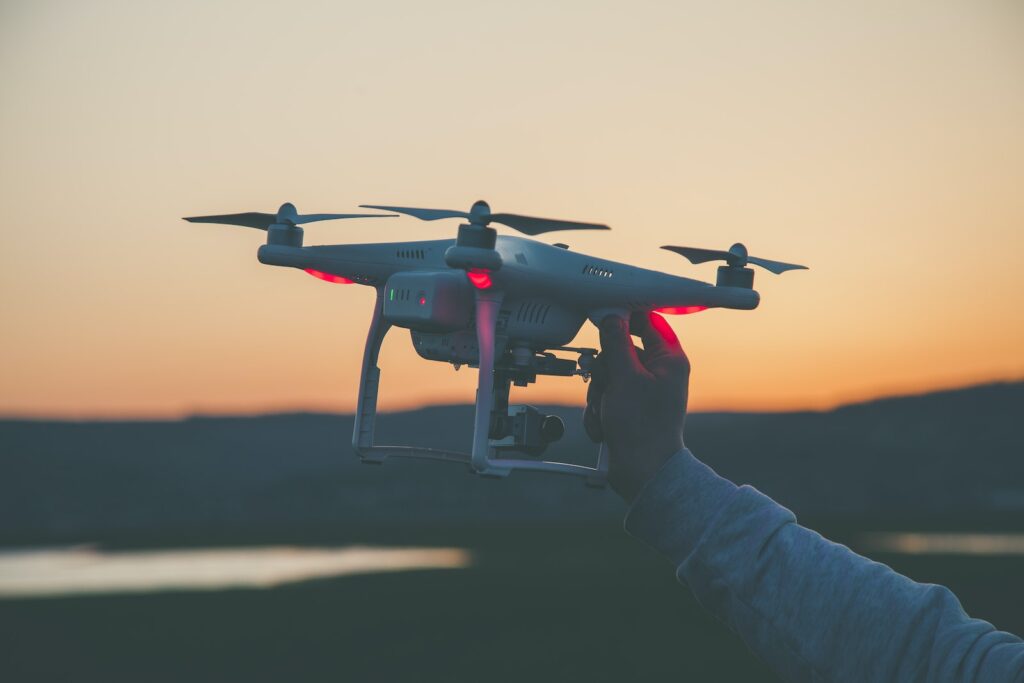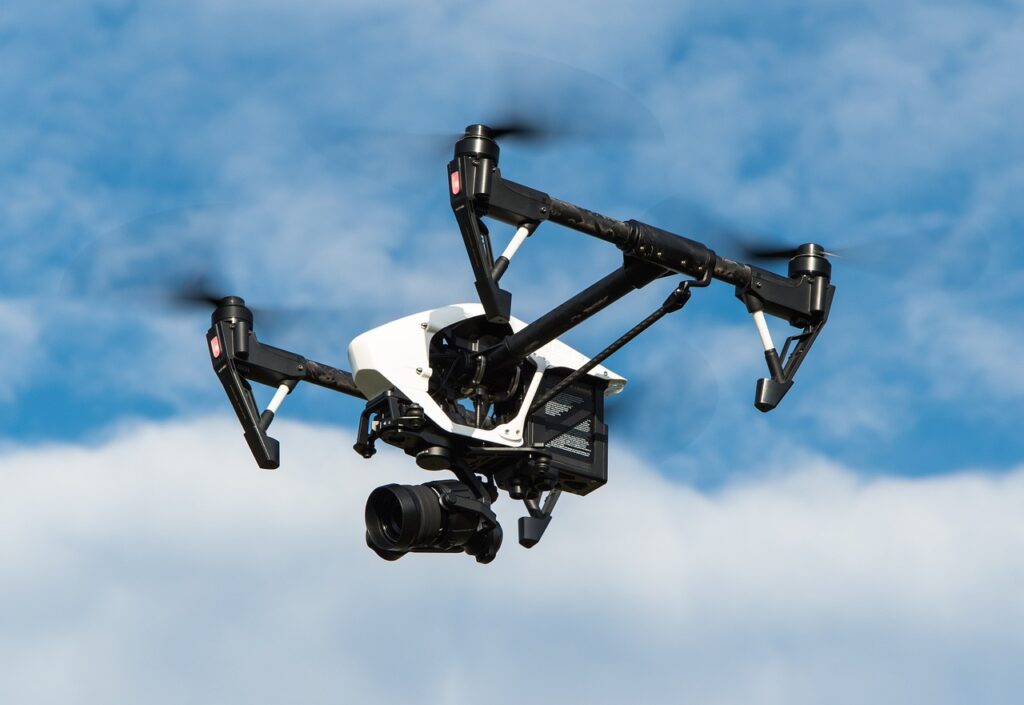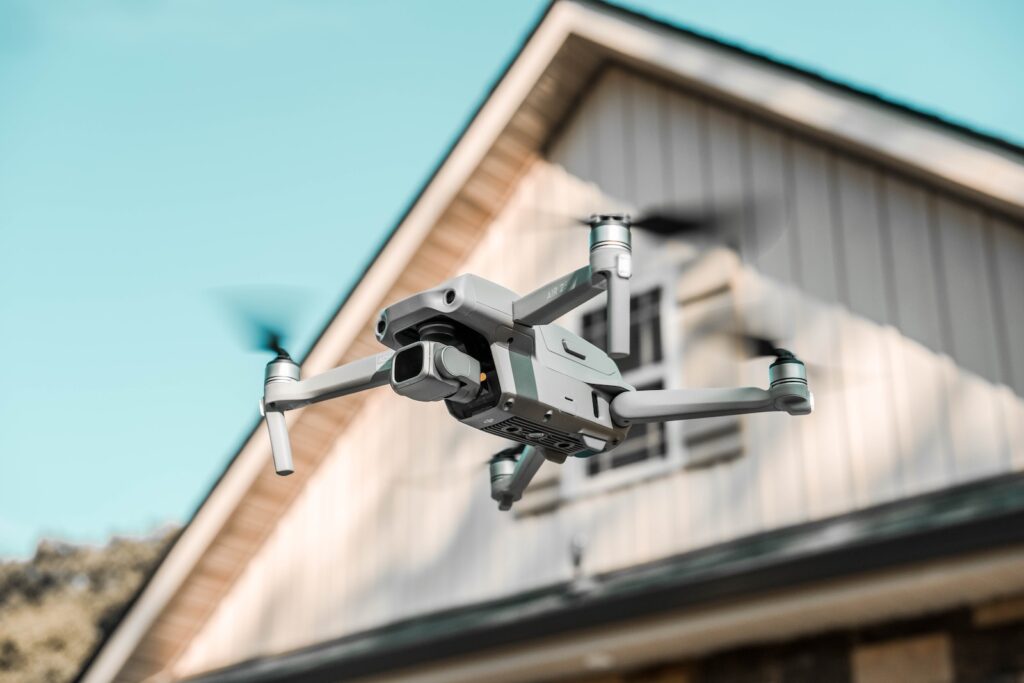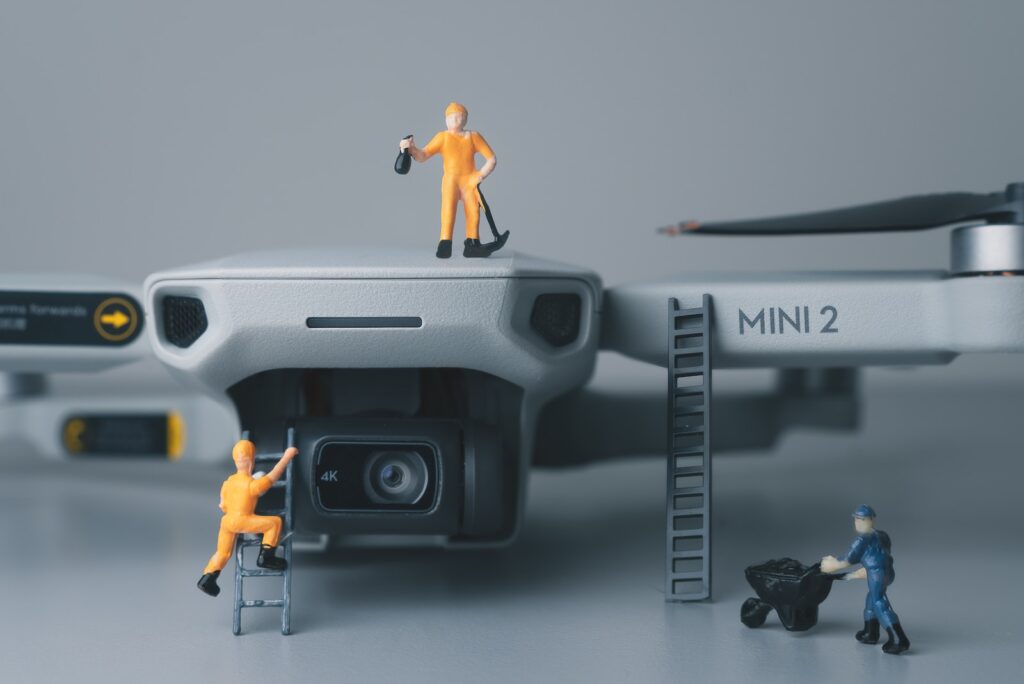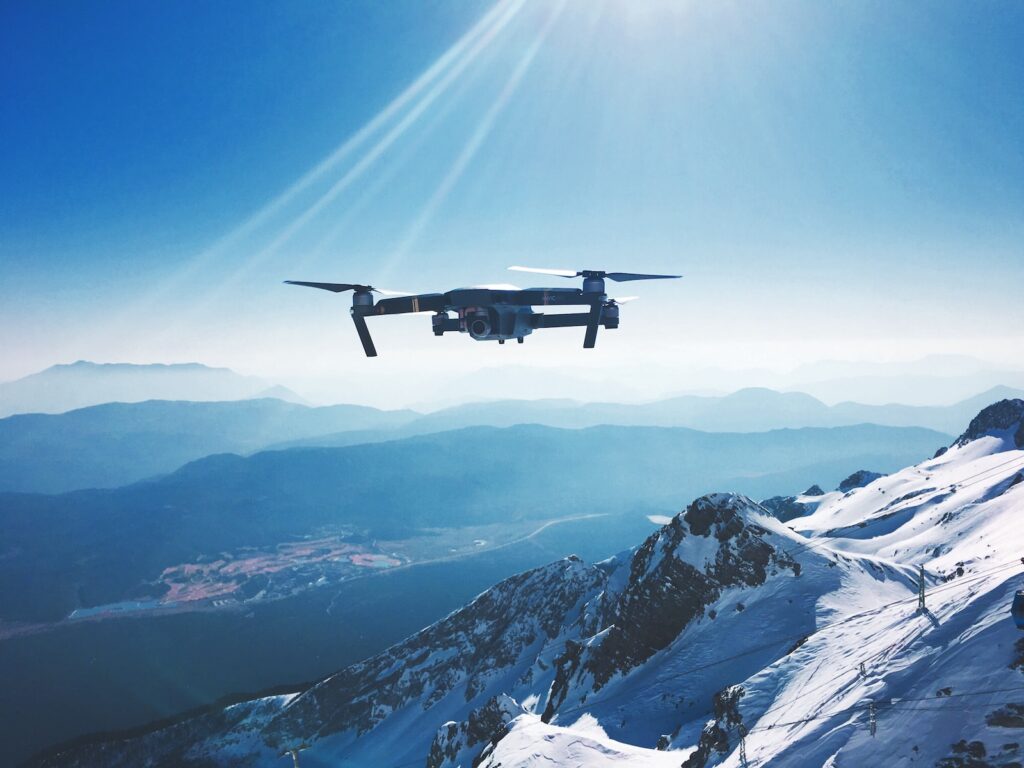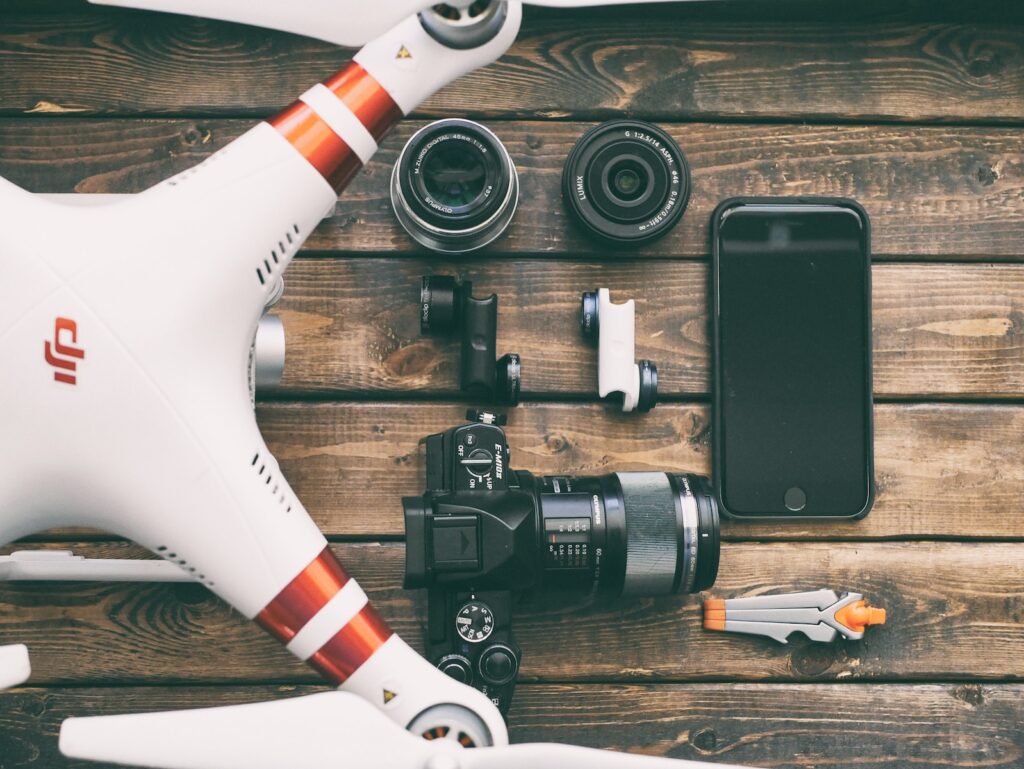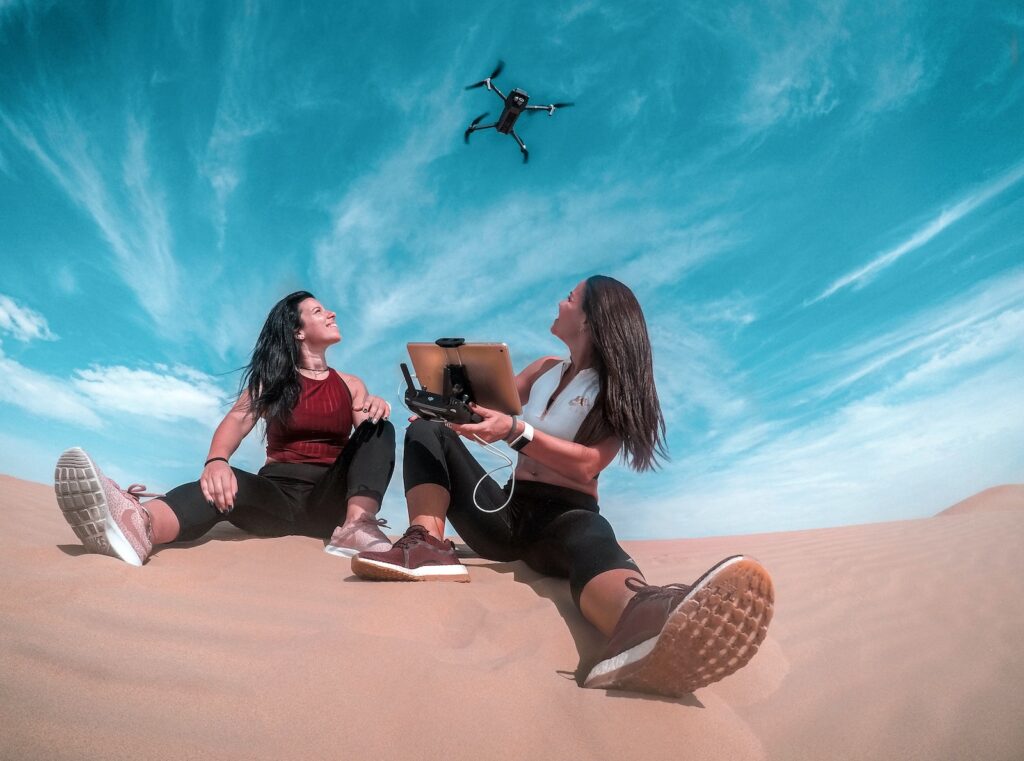Introduction
Drones have gained immense popularity in recent years, offering innovative solutions and exciting possibilities across various industries. However, some individuals still harbor skepticism towards drones, often due to concerns or misconceptions. In this article, we explore the reasons behind the skepticism surrounding drones and provide insights on how to overcome these doubts. Join us as we shed light on the potential of drones, address common concerns, and showcase how this technology can be embraced responsibly and ethically.
Privacy and Security Concerns
One of the main reasons people express skepticism about drones is the fear of privacy intrusion and security breaches. To overcome these concerns, it is crucial to establish clear regulations and guidelines governing drone operations. Stricter privacy laws, drone operator certifications, and responsible piloting practices can help build trust and ensure that drones are used in a manner that respects personal privacy and safeguards sensitive information.
Noise and Disturbance
Another factor contributing to skepticism is the noise and potential disturbance caused by drones. While drones can produce varying levels of sound, advancements in technology have led to quieter and more efficient drone models. By adhering to designated flight areas and respecting noise restrictions, drone operators can help minimize disruption and address concerns related to noise pollution.
Safety and Accidents
Safety is a paramount concern when it comes to drones, particularly in crowded areas or near airports. Implementing strict regulations and promoting responsible flying practices are key to mitigating risks. Drone manufacturers are continually improving safety features such as collision avoidance systems and geofencing technology to enhance the safety of drone operations. Emphasizing the importance of pilot training, understanding airspace regulations, and fostering a safety-first culture can help alleviate concerns surrounding accidents and ensure responsible drone use.
Lack of Awareness and Education
A lack of understanding about drones and their potential applications can contribute to skepticism. Education and awareness initiatives play a crucial role in dispelling misconceptions and highlighting the positive contributions of drones. By providing accurate information, sharing success stories, and showcasing the wide range of benefits that drones offer, we can bridge the knowledge gap and help people better comprehend the value and potential of this technology.
Encouraging Responsible Drone Use
To overcome skepticism, it is essential to promote responsible drone use. Emphasize the importance of adhering to regulations, respecting privacy, and being considerate of others’ concerns. Encourage drone enthusiasts to join local communities and organizations dedicated to responsible drone flying. By fostering a culture of accountability and encouraging open dialogue, we can work collectively to address concerns, promote safe practices, and demonstrate the positive impact drones can have on various industries.
Conclusion
Skepticism surrounding drones often stems from concerns about privacy, noise, safety, and a lack of awareness. However, by implementing clear regulations, promoting responsible drone use, enhancing safety features, and raising awareness through education, we can overcome these doubts and build trust in this transformative technology. Let us embrace drones as tools that can bring positive change, innovation, and countless opportunities while respecting privacy, safety, and the well-being of society as a whole.

